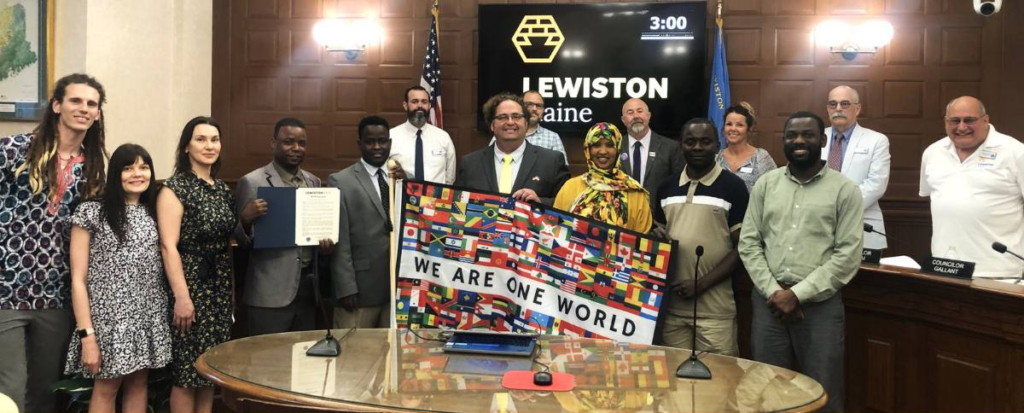
In Lewiston, Maine, a groundbreaking program is helping young Afghan refugees heal from the trauma of war and displacement. The initiative, led by Dr. Theresa Betancourt of Boston College, focuses on supporting both children and their parents to prevent long-term mental health issues. She is the Director of the Research Program on Children and Adversity at Boston College.
The program, Maine Immigrant and Refugee Services, employs health educators like Shabana Siddiqui, who share the language and cultural background of the families they assist. Siddiqui, herself an Afghan refugee, visits families regularly to provide emotional and practical support.
One such family is the Rahmanis, who arrived in Maine in January after living in fear under Taliban rule for two years. Their 12-year-old son, Mujib, has struggled with anxiety and post-traumatic stress since resettling. His mother, Khadija, a former nurse and women’s rights advocate, recognizes these symptoms, but many refugee parents might not.

The program teaches parents positive parenting skills and stress management techniques. It also helps families navigate the challenges of resettlement, from language barriers to finding employment. This comprehensive approach aims to reduce family conflicts and create a supportive environment for children’s emotional development.
Early results are promising. Families report fewer arguments and reduced symptoms of depression and traumatic stress in their children. For Mujib, the support has been transformative. In an interview with NPR‘s Goats and Soda, his mother noted, “Shabana sat with him, told him good stories, and talked about safety and security. She said ‘This place is safe and you don’t need to stress.'”
The initiative highlights the importance of culturally sensitive mental health support for refugee communities. By addressing both past traumas and current stressors, it helps families like the Rahmanis build resilience and hope for their future in America.
“We thank God a thousand times that we can start our life anew here,” Khadija said in the interview with NPR.
Read the full story by Rhitu Chatterjee from September 15, 2024: Goats and Soda: How do you help young Afghan refugees heal? A new program in Maine offers a way
An article from June 18, 2024 by Lena LaPierre from the Sun Journal about MEIRS’ work resettling an Afghan family: ‘Three Years Overdue’: Afghan mother is reunited with her children
